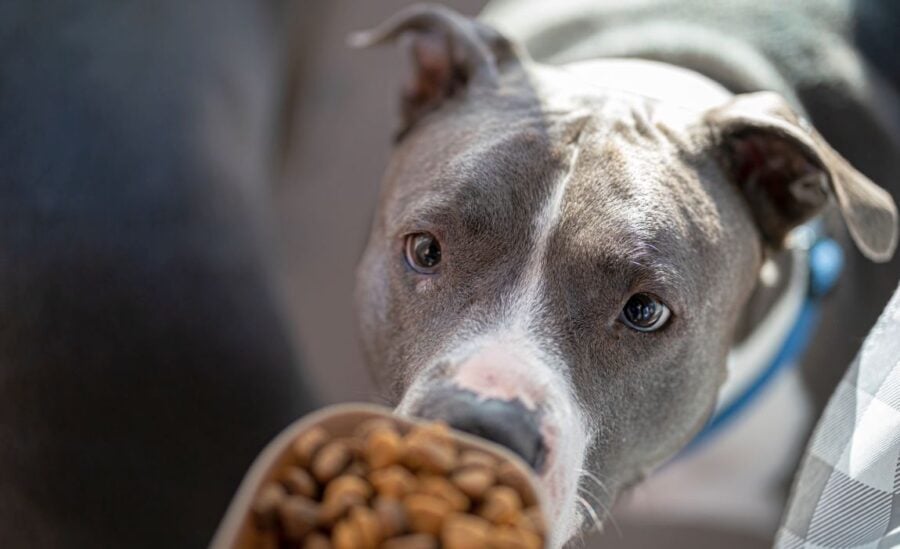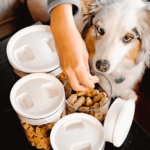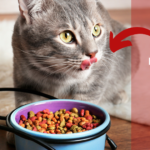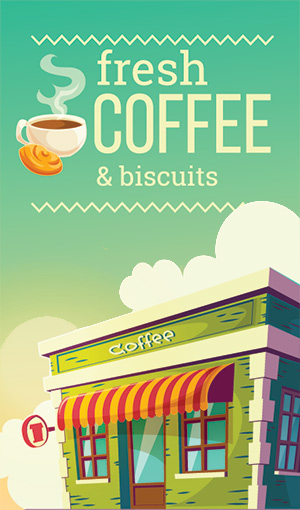
As Pit Bull owners, it’s essential to understand their nutritional needs. You also have to make informed decisions about their diet.
One popular approach is to switch to a grain-free diet, which has been touted to have various health benefits for dogs.
There are also potential risks associated with grain-free diets, especially when they are not implemented correctly.
This blog post aims to provide comprehensive information on the suitability of a grain-free diet for Pit Bulls.
It includes the benefits and risks, transitioning tips, feeding recommendations, and other related topics.
We’ll also provide additional resources for Pit Bull owners. You will learn to debunk common myths and misconceptions about Pit Bull nutrition.
By the end of this post, Pit Bull owners will have a better understanding of grain-free diets and be better equipped to make informed decisions about their dog’s nutrition.
Benefits of Grain-Free Diets for Pit Bulls
Grain-free diets for dogs have been gaining popularity in recent years. With many pet owners switching to them in the belief that they offer significant health benefits.
However, it’s essential to understand the potential benefits and risks of a grain-free diet before making the switch for your Pit Bull.
Benefits of Grain-Free Diets for Pit Bulls
Reduced risk of allergies
Some dogs can have allergies or sensitivities to certain grains. It can help alleviate symptoms like itching, gastrointestinal upset, and skin irritations.
Improved digestion
Grain-free diets can be easier for some dogs to digest. It leads to better absorption of nutrients and healthier bowel movements.
Increased energy and vitality
Some dog owners have reported increased energy levels and vitality in their dogs after switching to a grain-free diet.
Improved coat and skin health
A grain-free diet can help improve skin and coat health, leading to a shinier, healthier coat.
Risks of Grain-Free Diets for Pit Bulls
Nutritional deficiencies
Grain-free diets can be lower in some essential nutrients, such as fiber and certain vitamins and minerals. It’s important to ensure that the new diet meets all of your Pit Bull’s nutritional needs.
Increased risk of heart disease
Some studies have linked grain-free diets to an increased risk of heart disease in dogs, particularly those containing legumes like peas, lentils, and chickpeas.
Cost and availability
Grain-free diets can be more expensive than traditional diets, and some varieties may be harder to find in stores.
Understanding Pit Bull Nutrition
To provide optimal nutrition for Pit Bulls, it’s essential to understand their unique dietary needs. Pit Bulls are an active and muscular breed that requires a diet rich in high-quality protein and healthy fats. Here are some key factors to consider when creating a balanced diet for your pit bull:
Protein
Maintaining and gaining muscle mass requires protein. It supports the immune system and promotes healthy skin and coat. Pit Bulls require a minimum of 25% protein in their diet, but some may require even higher amounts depending on their level of activity.
Fat
Fat is a vital energy source for dogs and supports healthy brain function, skin and coat health, and hormone production. Pit Bulls require a minimum of 10% fat in their diet, but some may require higher amounts to maintain a healthy weight.
Carbohydrates
While Pit Bulls don’t require carbohydrates in their diet, they can provide an excellent source of energy and fiber. Complex carbohydrates, such as sweet potatoes, brown rice, and peas, can be included in their diet in moderation.
Vitamins and Minerals
Pit bulls require a range of essential vitamins and minerals. Vitamin A, vitamin D, vitamin E, calcium, and phosphorus are needed to maintain health and well-being. These can be obtained through a balanced diet or supplementation, if necessary.
Hydration
Pit bulls require access to clean, fresh water at all times to prevent dehydration and promote optimal health.
It’s important to note that Pit Bulls, like all dogs, have unique nutritional needs based on their age, weight, activity level, and health status. Consult with a veterinarian to create a personalized nutrition plan for your Pit Bull.
It’s important to note that Pit Bulls, like all dogs, have unique nutritional needs based on their age, weight, activity level, and health status. Consult with a veterinarian to create a personalized nutrition plan for your Pit Bull.
Benefits of a Grain-Free Diet for Pit Bulls
Recently, grain-free diets have gained popularity among pet owners. There are potential benefits to feeding a grain-free diet to Pit Bulls. Here are some potential benefits of a grain-free diet for Pit Bulls:
- Reduced risk of allergies: Some Pit Bulls may have grain allergies or sensitivities. Eliminating grains from their diet can help relieve symptoms such as itching, gastrointestinal distress, and skin irritations.
- Improved digestion: Pit Bulls on a grain-free diet may experience better digestion, leading to better absorption of nutrients and healthier bowel movements.
- Increased energy and vitality: Some dog owners have reported increased energy levels and vitality in their Pit Bulls after switching to a grain-free diet.
- Improved coat and skin health: A grain-free diet can help improve skin and coat health, leading to a shinier, healthier coat.
- Weight management: A grain-free diet may help Pit Bulls maintain a healthy weight. It can be easier to control portion sizes and calories without the added calories from grains.
It’s important to note that the potential benefits of a grain-free diet can vary from dog to dog. Consult with a veterinarian to determine if a grain-free diet is appropriate for your Pit Bull. It ensures that the new diet meets all of its nutritional needs.
Risks of a Grain-Free Diet for Pit Bulls
While there are potential benefits to feeding a grain-free diet to Pit Bulls, there are also some risks to consider. Here are some potential risks of a grain-free diet for Pit Bulls:
- Nutritional deficiencies: Grains are a source of essential nutrients like fiber, vitamins, and minerals. Removing grains from a Pit Bull’s diet can lead to nutritional deficiencies if the diet isn’t properly balanced with other sources of these nutrients.
- Increased risk of heart disease: Some studies have suggested a link between grain-free diets and an increased risk of heart disease in dogs. This is thought to be related to the use of certain ingredients like legumes and potatoes, which may contribute to a deficiency of the amino acid taurine, an essential nutrient for heart health.
- Digestive upset: In some cases, switching to a grain-free diet can cause digestive upset like diarrhea, vomiting, and gas. This is because some dogs may have trouble digesting certain ingredients commonly used in grain-free diets, such as peas, lentils, and sweet potatoes.
- Cost: Grain-free diets can be more expensive than diets that include grains, which may be a consideration for some pet owners.
Alternative Grain-Free Food Sources for Pit Bulls
While grain-free diets are becoming more popular, it’s important to remember that not all grains are bad for Pit Bulls.
In fact, some grains like brown rice, quinoa, and oats can provide important nutrients like fiber and complex carbohydrates.
If you’re concerned about the potential risks of a grain-free diet, here are some alternative grain sources to consider:
- Brown rice: Brown rice is a healthy source of complex carbohydrates and fiber. It can support digestive health and provide sustained energy. Look for high-quality dog food that includes brown rice as a source of grains.
- Quinoa: Quinoa is a grain that is rich in protein, fiber, and important vitamins and minerals. It is also nutrient-dense. Some dog foods include quinoa as a grain source.
- Oats: Oats are another source of healthy, complex carbohydrates. It can provide sustained energy and support digestive health. Look for high-quality dog food that includes oats as a source of grains.
- Sweet potatoes: While not a grain, sweet potatoes are a popular alternative to grains in dog food. They are a source of healthy carbohydrates, fiber, and essential vitamins and minerals.
Pit Bull Feeding Tips
Feeding your Pit Bull a healthy, balanced diet is important for its health and well-being. Here are some feeding tips to keep in mind:
Follow feeding guidelines
Make sure to follow the feeding guidelines on your Pit Bull’s food packaging. It is based on their age, weight, and activity level. Malnutrition can result from underfeeding, while obesity can result from overeating.
Use high-quality dog food
Choose a high-quality dog food that is well-balanced and meets your Pit Bull’s nutritional needs.
Look for foods with high levels of animal-based protein and essential nutrients like vitamins and minerals.
Consider portion control
Use a measuring cup to ensure that you’re feeding your Pit Bull the appropriate portion size. Portion control is important for maintaining a healthy weight.
Monitor weight and body condition
Regularly monitor your Pit Bull’s weight and body condition to ensure they’re maintaining a healthy weight.
If you notice changes in their weight or body condition, consult with your veterinarian.
Provide fresh water
Make sure your Pit Bull always has access to fresh, clean water. Change their water bowl regularly to prevent bacteria buildup.
Avoid table scraps
Feeding your Pit Bull table scraps can lead to obesity and digestive upset. Continually give them the same dog treats and food.
Feed at regular intervals
Stick to a regular feeding schedule to prevent overfeeding or underfeeding. Most adult Pit Bulls do well with two meals per day.
Conclusion
In conclusion, a grain-free diet may be beneficial for some Pit Bulls. But it is important to carefully consider the potential risks and benefits before making any dietary changes.
While some Pit Bulls may benefit from a grain-free diet, others may do just as well with high-quality dog food that includes grains like brown rice, quinoa, and oats.
Consult with your veterinarian to determine the best diet for your Pit Bull.
Always monitor their weight and health to ensure they’re getting the nutrition they need to thrive. With proper nutrition and feeding, your Pit Bull can live a healthy and happy life.

Patricia White is a pet enthusiast. With 10 years of experience in the pet industry, she brings a wealth of knowledge and expertise to MeToPet. She is honored to be a part of the MTP team and is dedicated to sharing her passion for pets with our readers.








